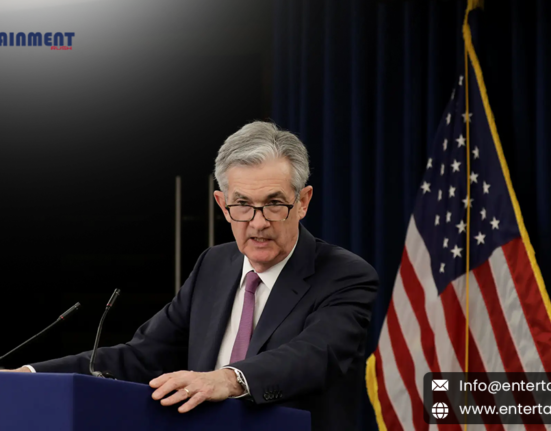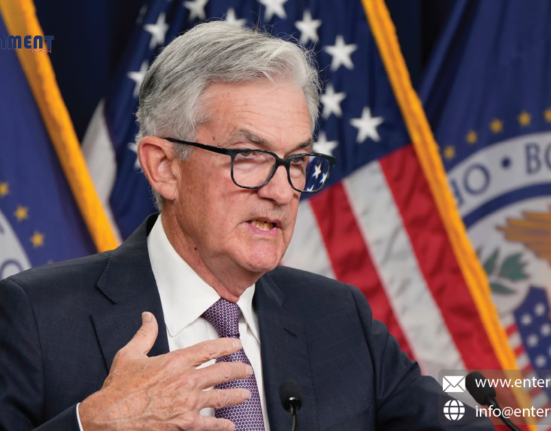Each year, amidst the serene landscapes of Jackson Hole, Wyoming, a pivotal event unfolds that captures the attention of economists, policymakers, and financial markets around the globe. The Jackson Hole Economic Policy Symposium, hosted by the Federal Reserve Bank of Kansas City, stands as one of the most significant gatherings in the world of economic policy. But what makes this event so crucial? Here’s a closer look at why Jackson Hole is considered the Federal Reserve’s most important annual gathering.
The Origins of Jackson Hole
The Jackson Hole Symposium began in 1982 as a relatively modest conference focused on natural resource issues. However, over time, it evolved into a premier forum for discussing broader economic policy and central banking issues. The Federal Reserve Bank of Kansas City took over the event’s organization, shifting its focus to macroeconomic policy and central banking.
Held at the picturesque Jackson Lake Lodge in Grand Teton National Park, the symposium provides an exclusive setting for high-level discussions among leading economists, central bankers, and policymakers. The combination of an intimate environment and a high-caliber guest list has contributed to its prominence in the economic calendar.
The Role of Jackson Hole in Economic Discourse
One of the primary reasons Jackson Hole is so important is its role as a venue for shaping economic discourse. Each year, the symposium features a series of keynote addresses and panel discussions led by some of the most influential figures in economics and finance. These presentations often address pressing economic issues, provide insights into monetary policy, and offer forecasts about the global economy.
The symposium’s setting fosters candid discussions, allowing participants to delve deeply into complex economic issues without the usual constraints of public scrutiny. This environment facilitates a free exchange of ideas and innovative approaches to solving economic challenges, making it a critical platform for advancing economic thought and policy.
Key Moments in Jackson Hole History
Jackson Hole has witnessed several defining moments in economic policy. For instance, in 2010, Federal Reserve Chairman Ben Bernanke used the symposium to signal the Fed’s commitment to a policy of low interest rates and quantitative easing, which played a crucial role in the post-financial crisis recovery. Similarly, in 2018, Chairman Jerome Powell addressed the symposium with a focus on the economic outlook and the Fed’s approach to interest rate adjustments, providing clarity on the Fed’s policy trajectory.
These landmark speeches and discussions at Jackson Hole often set the tone for future monetary policy decisions and market expectations. As a result, the symposium’s impact extends far beyond the event itself, influencing economic policy and financial markets for months or even years to come.
The Impact on Financial Markets
The influence of Jackson Hole on financial markets cannot be overstated. Market participants closely monitor the speeches and discussions for clues about future monetary policy, inflation trends, and economic growth. The symposium often serves as a platform for central bankers to signal changes in policy or to clarify their stance on economic issues, which can lead to significant market reactions.
A speech by a Federal Reserve official that hints at a shift in interest rate policy can cause immediate fluctuations in stock markets, bond yields, and currency values. As such, Jackson Hole is not just a forum for academic debate but a critical event that can shape market dynamics and investor behavior.
The Symposium’s Broader Significance
Beyond its immediate impact on policy and markets, Jackson Hole holds broader significance for the field of economics. It serves as a gathering place for economists to share research, debate theories, and explore new ideas. The symposium often highlights emerging trends and challenges in the global economy, providing valuable insights that can inform future research and policy development.
Jackson Hole underscores the importance of central banking in the global economic system. The presence of high-level central bankers and policymakers from around the world reflects the critical role that monetary policy plays in maintaining economic stability and fostering growth.
As the 2024 Jackson Hole Economic Policy Symposium approaches, anticipation is building regarding the topics and insights that will emerge from this influential gathering. In an era of evolving economic challenges, including inflation concerns, geopolitical tensions, and technological disruptions, the discussions at Jackson Hole will be closely watched for guidance on how policymakers are navigating these complex issues.
Jackson Hole’s significance stems from its unique combination of exclusivity, high-profile participants, and its role in shaping economic policy and discourse. As the Fed’s most important annual gathering, it provides a crucial platform for discussing the future of monetary policy and economic strategy, making it a key event for anyone interested in the intersection of economics and central banking.






Leave feedback about this